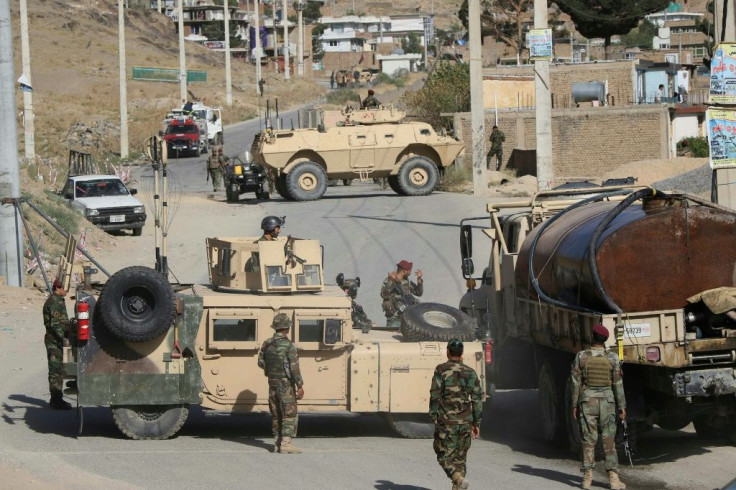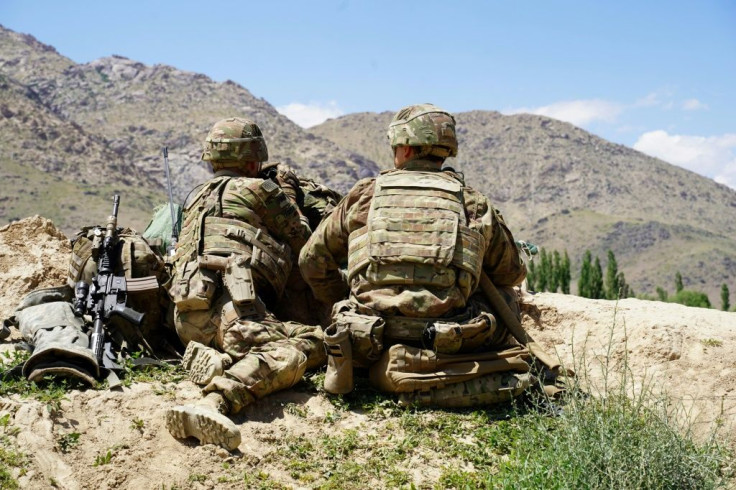Taliban Still 'Open' To Peace Talks With Trump: 'Only Way For Peace In Afghanistan'

The Islamic Emirate of Afghanistan (IEA), better known to the world as the terror group Taliban, insist it still wants peace talks with the United States, which will ultimately lead to the withdrawal of the entire Resolute Support Mission (RSM) and its 17,000 foreign troops from the country.
The Taliban has always insisted peace talks with the Afghan government headed by president Ashraf Ghani can only begin after the withdrawal of the RSM, which many see as the steel shield preventing the Taliban from conquering all of Afghanistan. The Taliban now control more of Afghanistan than they did since the U.S. entered the country in 2001.
President Donald Trump and his negotiators have held peace talks with the Taliban since October 2018. There have been eight meetings since but the negotiations have been secretive no one really knows what both sides are discussing.
Trump unilaterally canceled the talks on Sept. 6, purportedly because of the death of a U.S. soldier at the hands of the Taliban, Trump declared the talks "dead."
The Taliban's chief negotiator is Sher Mohammad Abbas Stanikzai while Trump's team is headed by Zalmay Khalilzad.
On Aug. 12, it was reported Trump's negotiators were close to reaching a peace deal with the Taliban and was preparing to withdraw 5,000 U.S. troops from Afghanistan. In early September, Stanikzai claimed an agreement was reached by the U.S. and the Taliban. Stanikzai also said the final approval was pending with President, who later abandoned the deal.
Despite Trump's withdrawal, Stanikzai insists negotiations are "the only way for peace in Afghanistan." He also dismissed allegations the death of only one U.S. soldier caused Trump to change his mind.
"They (U.S.) killed thousands of Talibans according to them," he told the BBC. "But in the meantime, if one (US) soldier has been killed that doesn't mean they should show that reaction because there is no ceasefire from both sides."
"From our side, our doors are open for negotiations," he pointed out. "So we hope the other side also rethink their decision regarding the negotiation."
Stanikzai said a ceasefire between the Taliban and RSM would have come into effect after the agreement was signed. He also said this ceasefire wouldn't have applied to the Afghan National Security Forces (ANSF) and its militia allies.
The Taliban refuses to recognize the legitimacy of president Ghani's administration. They've refused to hold direct talks with the Afghan government until a U.S. deal is agreed.
Stanikzai claims peace talks with Ghani's government would have begun on Sept. 23 had a deal been reached with the U.S. These intra-Afghan talks would have included discussions about a wider ceasefire.

© Copyright IBTimes 2024. All rights reserved.





















